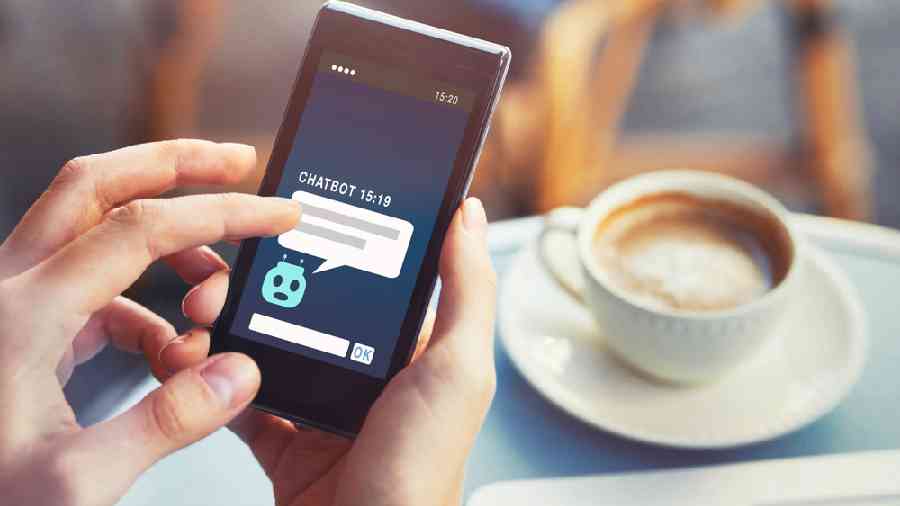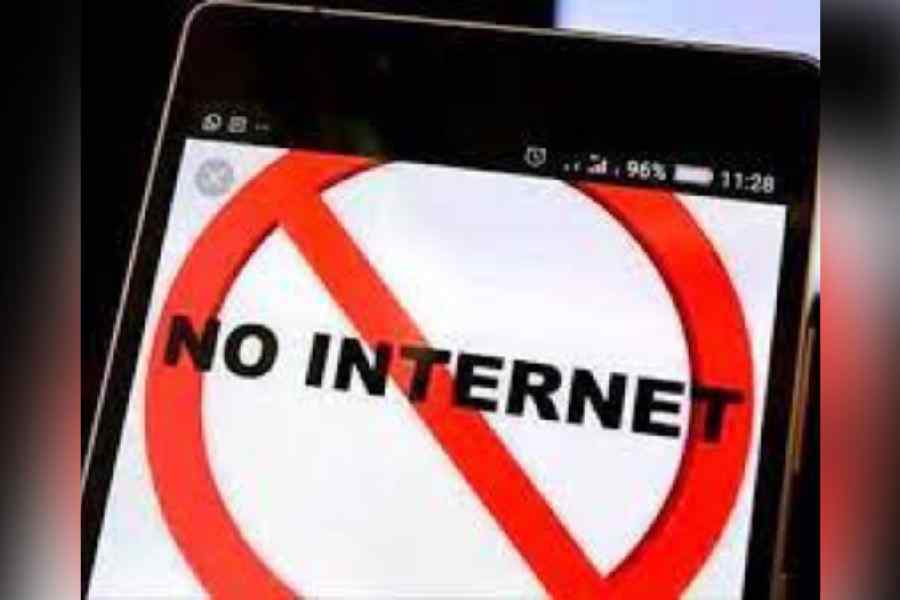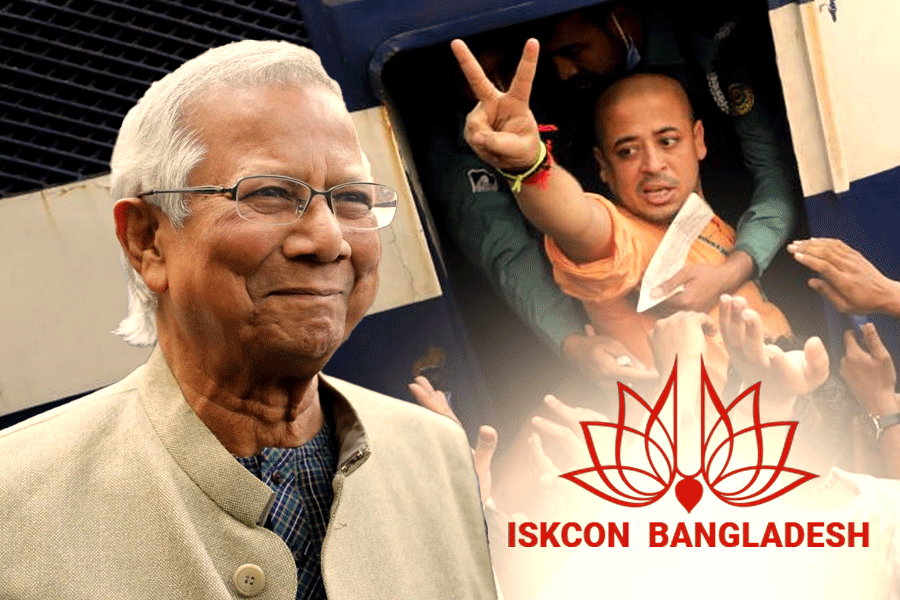Batman’s Alfred expecting to give birth to Robin plumbs the murkiest depths of the imagination, but that is what an AI bot scripted in a screenplay after having been forced to watch 1,000 hours of Batman movies. That is a lot of hours of Batman, so maybe it fried its AI brain. The screenplay even had Batman being called ‘Mattress Wayne’ instead of ‘Master’ — just a small slip in training. No such danger is posed by the more evolved chatbots being produced recently, which blithely generate poetry, music and, most usefully, high school essays without a hitch. These diminutively named but magnificent creations of generative AI may not always excel in music, but one can write and argue clearly and concisely, and another can create whatever image is verbally described to it by the user. They are now the go-to gizmos for anything from a thesis to a love letter, or astonishing art, such as Disneyland by van Gogh. One of them has also produced the terrifying face of a mysterious woman named Loab by the bewildered artist who was exploring the vistas of AI art.
The world in which compliant robots carried out routine jobs so that humans could create everything from poetry to money in unworried leisure is already a thing of the past. Now it seems that the AI chatbot shall bring forth music and art, do the homework and woo the girl, while its user does the dusting and makes the coffee. The possibility of students cheating is causing worry, but that pales in comparison to the fear that imagination will die out from disuse. The spread of audio-visual media has had certain negative effects; it encourages addiction by providing an escape from the hard work of thinking and indulges the reluctance to concentrate by allowing the changing of sites and channels with the click of a button. Mental laziness — that old-fashioned syndrome — and short attention spans are partly the gifts of audio-visual devices. Add to that the AI chatbot with its multiple human-like capabilities — and the future for the human imagination does look uncertain.
Ironically, the chatbot itself represents a tremendous feat of the imagination; it could not have come into being without dreams and visualisations, concentrated work for years and technical mastery. The makers and the dreamers see it as a useful tool — not for cheating but for expanded learning. There are numerous fears associated with the chatbot, though, one being the production of fake news. A bot that creates the image of one group hurting another if its user describes the scene can create havoc in some regions of the world. Does that mean its production, in which millions of dollars have been invested, must be controlled and the new powers commanded by a few? That would make it unethical in another way. Should human beings fear their own imagination then, both its achievements and its death?











